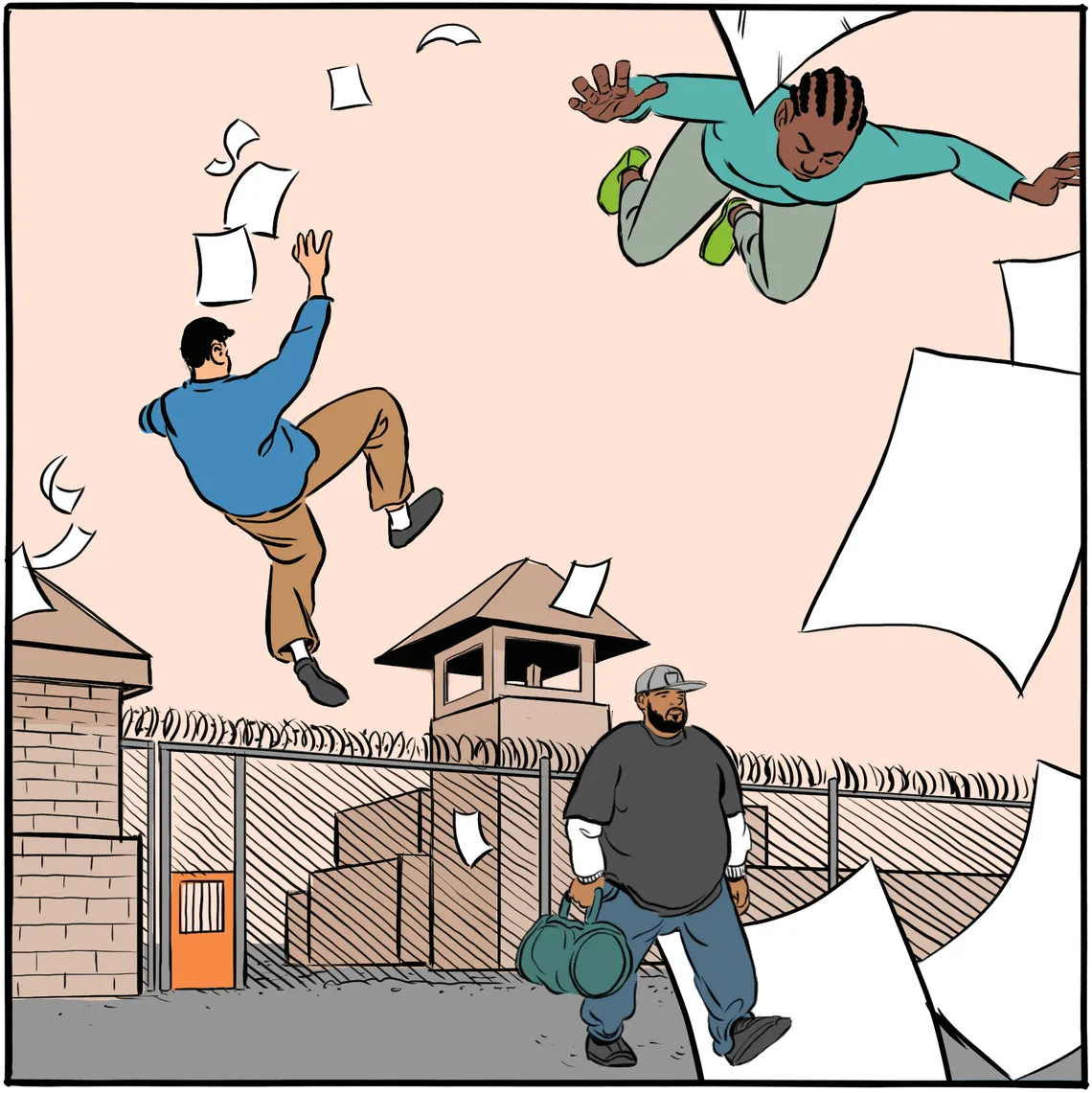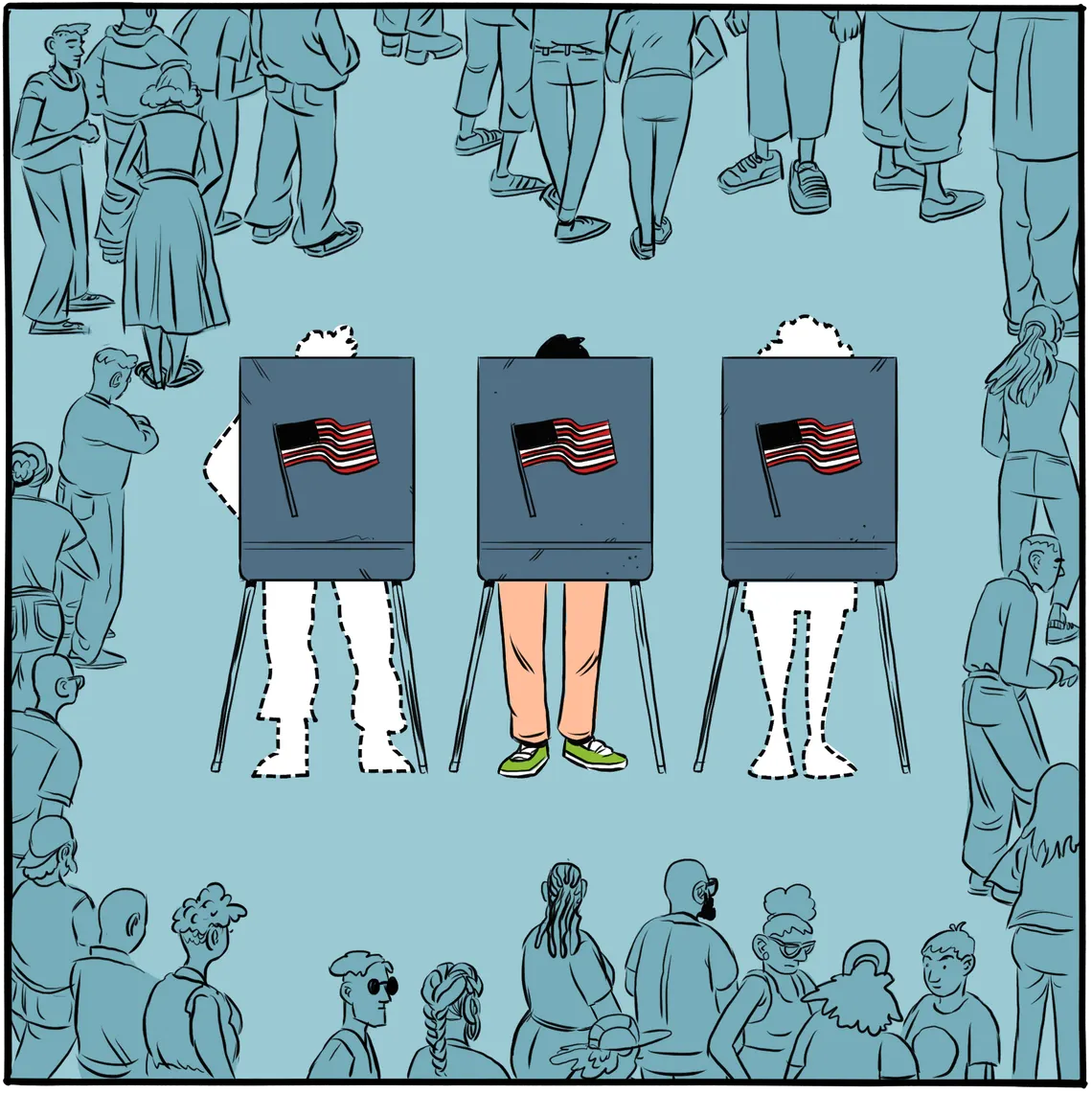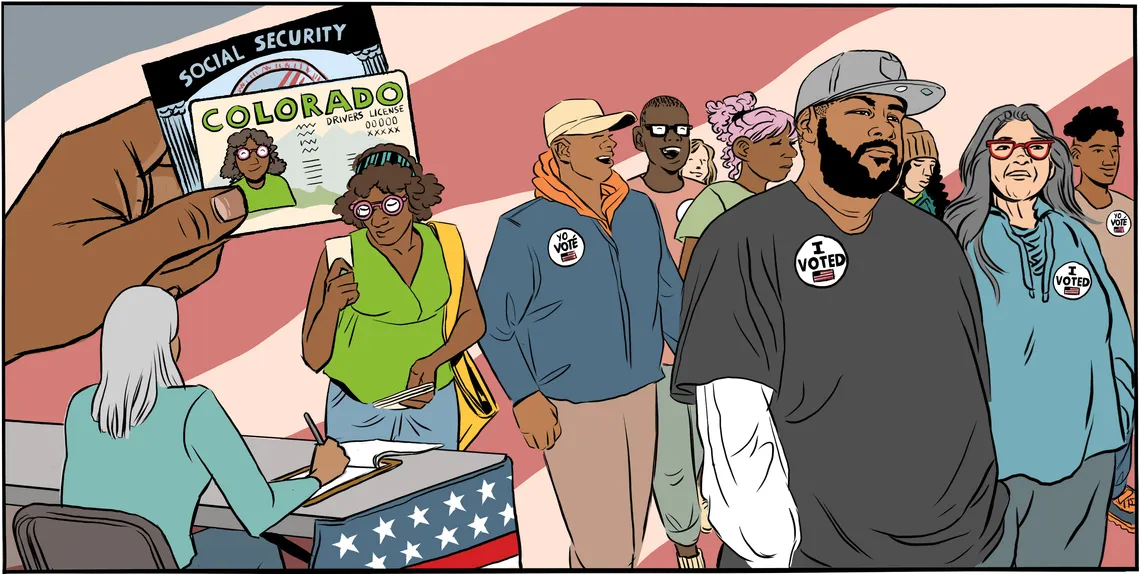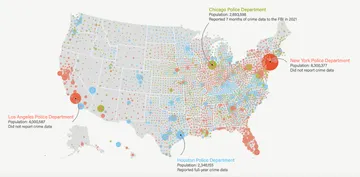Descargue este documento en formato PDF.

Anthony Kent pasó casi 5 años en prisión estatal. Él sabía que quería votar tan pronto fuera liberado, pero no sabía que tenía el derecho ni cómo registrarse.

La mamá de Anthony, Teri Quintana, agarró un folleto con información básica que su hijo necesitaría para comenzar su vida fuera de la prisión. Pero Teri se dio cuenta que dos formularios en el folleto decían incorrectamente que aquellos en libertad condicional en el estado de Colorado no tienen el derecho al voto.

Cuando Anthony vio los formularios, creyó equivocadamente que en realidad no tenía el derecho de votar en Colorado. Por consiguiente, estos formularios desactualizados casi lo alejan de las urnas electorales, al igual que muchos otros con derecho al voto en el estado.

El número de personas previamente encarceladas en Colorado ha aumentado a casi 30.000 desde 2019. Mientras que 4 de cada 5 votantes elegibles en la población del estado están registrados, solo 1 de cada 3 votantes elegibles previamente encarcelados están registrados.

Las personas puestas en libertad condicional SI PUEDEN registrarse para votar. Deben recibir los papeles correctos de un agente del estado. Pueden registrarse para votar hasta el día de una elección — el 28 de junio para las elecciones primarias o el 8 de noviembre para las elecciones generales — en las que habrán contiendas federales y estatales. El próximo año, Denver tendrá elecciones locales para el alcalde y el ayuntamiento.

ASÍ ES CÓMO PUEDE REGISTRARSE PARA VOTAR SI ESTÁ PUESTO EN LIBERTAD CONDICIONAL
-
Tenga una licencia de conducir O una identificación de Colorado válida y un número de seguro social válido.
-
Regístrese en linea en govotecolorado.gov O TAMBIÉN en persona en una de las 300 agencias de registro de votantes en el estado, incluyendo el Departamento de Motores y Vehículos, de Salud y Servicios Humanos o en la oficina del secretario del estado.
